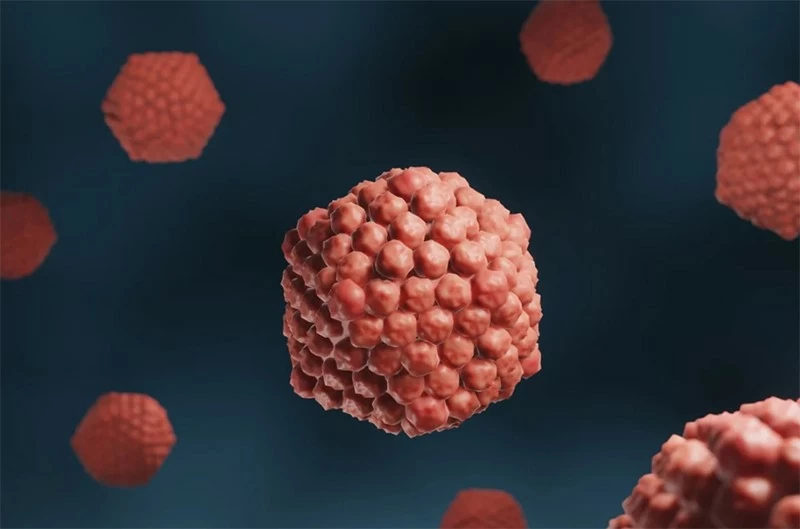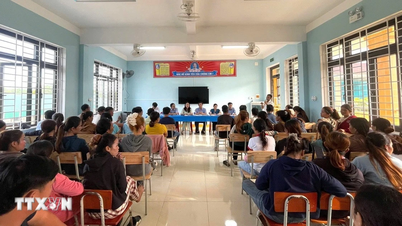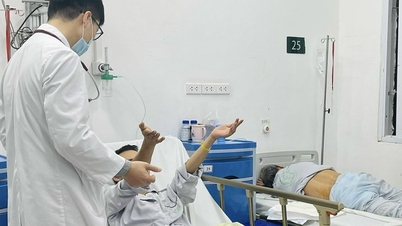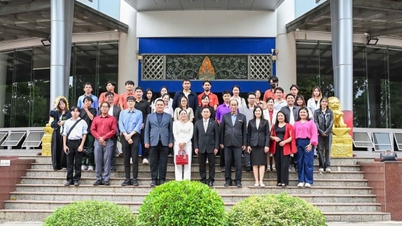More than 50% of the world's population is infected with the Herpes virus and in rare cases, the virus can attack the central nervous system.
 |
| Herpes simplex virus can attack the central nervous system. Photo: Shutterstock |
An international team of biologists may have found a gene that explains why the brain is protected from the herpes virus, according to the SCMP.
The World Health Organization says about 67% of the world's population is infected with herpes simplex virus (HSV) type 1. The virus primarily attacks nerve tissue, but in rare cases can invade the central nervous system and cause death.
Most carriers don’t show serious symptoms. Now, a study by two experts (Cai Yujia from Shanghai Jiao Tong University and Søren Paludan from Aarhus University in Denmark) has tried to find out why. Using the gene-editing tool CRISPR, the team discovered that a gene called “TMEFF1” is the key. They found that knocking out the gene in human stem cell-derived neurons can lead to a significant increase in the rate at which HSV-1 replicates.
This finding was confirmed in tests on mice. The viral load in the animals' brain neurons increased significantly when the gene was deleted.
On July 24, the above findings were published in the journal Nature.
Although most HSV infections are asymptomatic or go undetected, the virus still poses a global public health threat. According to the World Health Organization, medications can relieve symptoms but cannot cure the infection.
The recurring symptoms of both oral herpes and genital herpes are distressing for many infected people, and in rare cases, the virus can attack the central nervous system and cause a disease called "herpes simplex encephalitis" that has a mortality rate of up to 70%.
However, researchers hope the discovery could help provide treatments for the condition and have developed peptides – smaller versions of the TMEFF1 protein – which they say are highly effective at preventing HSV infection.
"This study reports for the first time an antiviral factor unique to neurons, providing a completely new perspective for the study of the brain's antiviral immune mechanism," said Shanghai Jiao Tong University.
“The team’s discovery has enriched our knowledge of the brain’s antiviral mechanism and provided a new scientific basis for the future development of prophylactic and therapeutic approaches against HSV ,” said Zhao Guoping, a member of the Chinese Academy of Sciences and director of the State Key Laboratory of Synthetic Biology.
Source: https://baoquocte.vn/virus-herpes-tan-cong-nao-nguy-co-tu-vong-toi-70-co-the-da-tim-ra-loai-gen-dieu-tri-benh-nay-280657.html





































































































Comment (0)